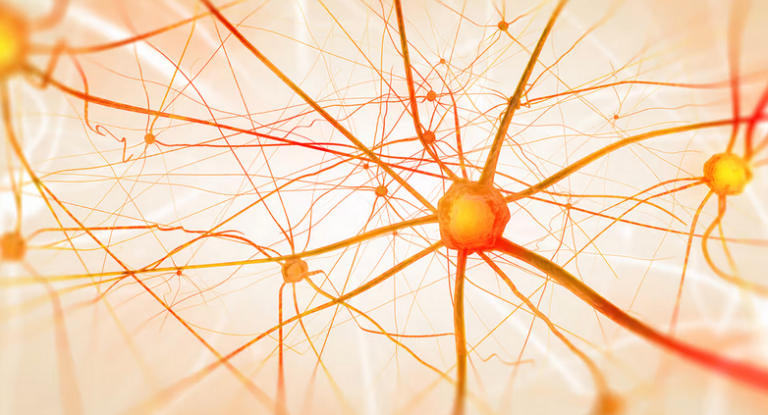Much research into Alzheimer’s focuses on the buildup of brain plaques as a primary cause, but the case is far from closed, particularly in the eyes of a research team at New York University. In newly published research, the scientists detail how declining acidity in cellular cleaning organelles called lysosomes acts as even earlier evidence of the disease’s onset, and they’ve shown how restoring proper acid levels could save neurons from irreversible damage.
The notion that the build-up of amyloid beta plaques in the brain causes the neurodegeneration seen in Alzheimer’s has been around for decades, and guided much of the research into potential treatments. However, a number of promising drugs developed to target these plaques have failed in recent years. While the amyloid hypothesis is still a very active arm of Alzheimer’s research, some are looking elsewhere for answers, and those studying the functions of lysosomes are uncovering some highly valuable insights.
Florida lawmaker proposes bill criminalizing adults bringing children to drag shows
Lysosomes are tiny sacs found in the cells of many animals, and are packed with acidic enzymes that break down, remove and recycle waste products. They are known as the cell’s garbage disposal system for this reason, and recent research has begun to show how the dysfunction of this system could play a role in the neuronal damage seen in Alzheimer’s.
Read more: New Atlas
Ask me anything
Explore related questions





